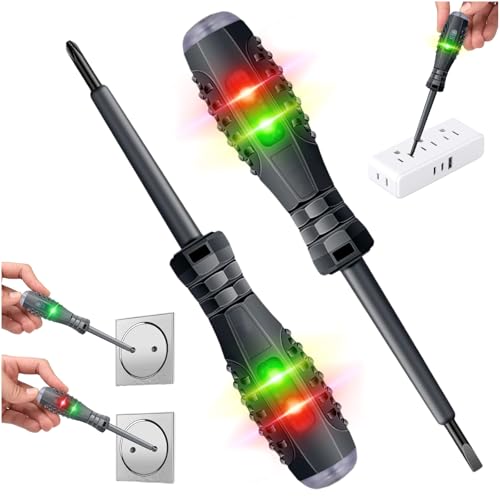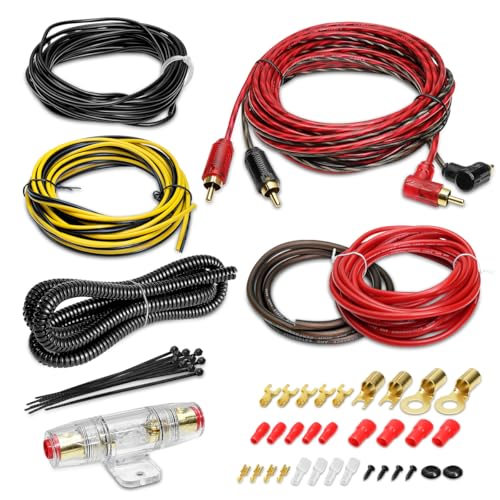Sellers,
Can you, if it is going to run at 90 deg C & your "kit" is not rated at that.
MOST general applicaitons of XLPE cannot be rated according to the full cable rating as the "kit" either end is NOT rated at 90 deg C.
It has to be run at 70, thus the same current carrying capacity as pvc.
Can you, if it is going to run at 90 deg C & your "kit" is not rated at that.
MOST general applicaitons of XLPE cannot be rated according to the full cable rating as the "kit" either end is NOT rated at 90 deg C.
It has to be run at 70, thus the same current carrying capacity as pvc.
































































